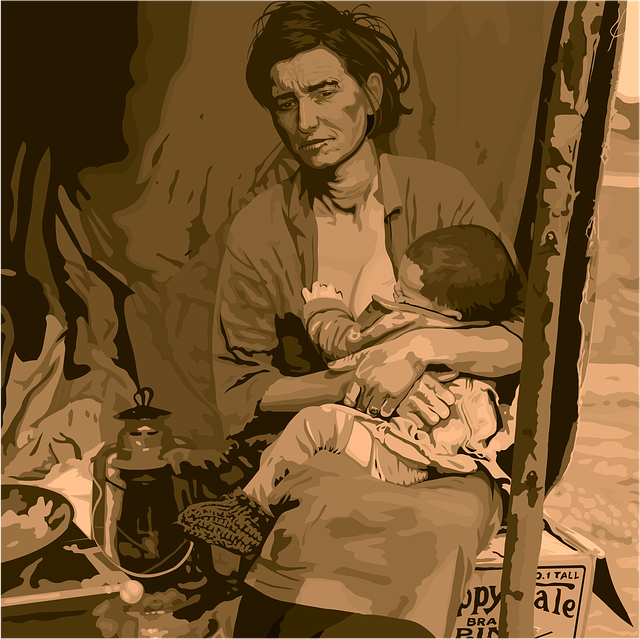International Widows’ Day

“For many women, becoming a widow does not just mean the heartache of losing a husband, but often losing everything else as well.” Cherie Blair
The United Nations annually observes 23 June as International Widows’ Day, to raise awareness of the violation of human rights that widows suffer in many countries following the death of their spouses. In many countries with traditional societies, women find themselves left in poverty when their husband dies. In some countries, these women find themselves denied of inheritance and land rights, evicted from their homes, ostracised and abused. The children of widows also often find themselves affected, withdrawn from school and more vulnerable to abuse, especially in the case of girls.
Today, as armed conflicts, displacement and migration, and the COVID-19 pandemic leave tens of thousands of women newly widowed and many others whose partners are missing or disappeared, the unique experiences and needs of widows must be brought to the forefront, with their voices leading the way.
International Widows Day was initially established by The Loomba Foundation in 2005 to raise awareness of the issue of widowhood. The significance of 23 June is that it was on that day in 1954 that Shrimati Pushpa Wati Loomba, mother of Lord Loomba, became a widow. Lord Loomba, who founded the Loomba Foundation in memory of his mother, has recounted the story of how the priest officiating his wedding forced his mother to stay away from her own son’s ceremony because, being a widow, she would bring bad luck to his marriage.
On 21 December 2010, the United Nations General Assembly formally adopted 23 June as International Widows Day. It works to encourage action in achieving full rights for widows, highlighting the need for more research and statistics into violence, discrimination and poverty suffered by widows and develop policies and programmes to address the problem.
The ultimate goal of the day is to develop resources and policy to empower widows and allow them to have access to education, work, healthcare and lives free of violence and abuse, thus enabling them to create a life for themselves and their children following the death of their husband and ending a cycle of poverty and abuse.
And in the context of COVID-19, widows must not be left out of our work to “build back better”. Let us ensure that our recovery prioritizes their unique needs and supports societies to be more inclusive, resilient and equal for all.
Prime Production is proud to support UN institutions, such as UN Women and UNICEF, around the world with language services to help in achieving their aims of gender equality and improving life for all global citizens.

Leave a Reply